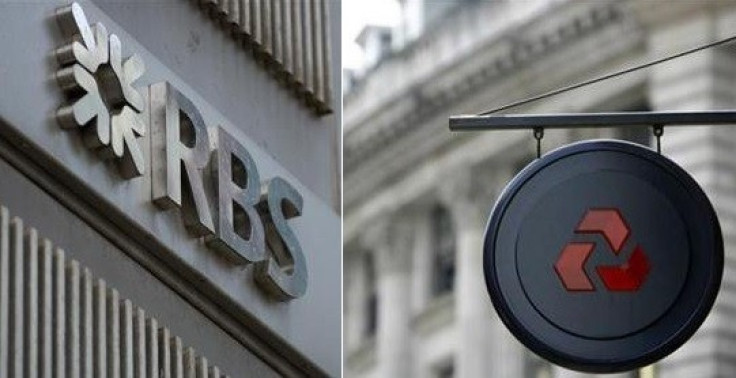RBS and Natwest To Inject £150m Into Leisure Market

The Royal Bank of Scotland and its retail arm Natwest launched a £150m to support the growth of the leisure industry, in a move seen to shirk off mounting complaints and scandals in the retail industry.
RBS and Natwest revealed in a joint statement that the fund includes fee-free loans to support investment for the leisure industry, as one in four UK leisure businesses feel they are losing out to competitors due to lack of investment.
"Competition in this sector is fierce, so those putting off short term investment can quickly find they need to make larger investments, or face being left behind," said Andrew Taylor, Head of Leisure for Commercial Banking at NatWest and RBS.
"It's great to see optimism returning to the leisure market but it's vital these firms are able to invest in the quality of their assets - more so than other industries."
According to research from RBS and Natwest, 30% of SMEs surveyed don't feel they invested sufficiently in 2012 to remain competitive.
In addition, 55% feel investment in refurbishment or new equipment would make a positive impact on their business.
When asked how optimistic they felt about 2013, 48% of those surveyed believed their business would grow in the next year, with 73% saying they were optimistic about 2013.
Dubbed- The Leisure Fund- the new amount of available cash is designed specifically for businesses in the industry and comes with two six-month capital repayment holidays, allowing breathing space for investment and contingency planning.
English tourist board VisitEngland has also worked with RBS and Natwest to provide additional insight on the industry's needs, in order for the banks to develop the fund.
"The leisure industry generates around £97bn of GDP and nearly two million jobs - it is vital for the UK economy and needs the right support from banks to grow," said Taylor.
"We've set up a specialist team of managers dedicated to this sector, and with this new fund we're making it even easier for Leisure businesses to invest."
Although 2012 was confirmed as the second wettest year in the UK's history, the research also showed 74% of leisure businesses had not made any additional allowances for bad weather conditions this summer - despite nearly half of respondents noting July and August as their most profitable months.
Moving Away From Scandal?
RBS announced in its last set of results that it is planning to return to privatization in 2014 and that the worst of its days are behind it.
It swung back into profit for the first time since 2011 and had settled with US and UK authorities for manipulating Libor. It has also announced that it is axing jobs as it seeks to "become more efficient."
However, as IBTimes UK has pointed out, RBS has a myriad of problems to deal with.
Apart from mis-selling derivatives to thousands of SMEs, it faces a mounting bill for payment protection insurance compensation.
It also faces probably one of its most costliest lawsuits from the RBOS Shareholder Action Group.
Related Articles:
RBS To Axe 1,400 Retail Jobs Over Two Years
RBS Chairman Sir Philip Hampton: More Job Cuts on Horizon
Stephen Hester Profile: CEO Behind Transformation of RBS
RBS' Pot of Problems: Mis-Selling, Lawsuits and Compensation
RBS Shareholders Launch £4bn Lawsuit
Mis-Selling PPI: Complaints Surge
Mis-Selling PPI Scandal: FSA and Banks Consider Claims Deadline
© Copyright IBTimes 2024. All rights reserved.






